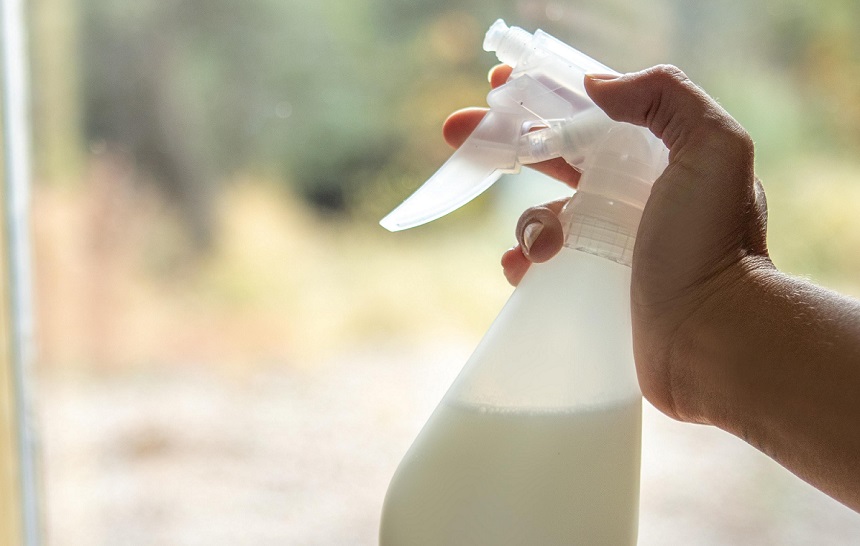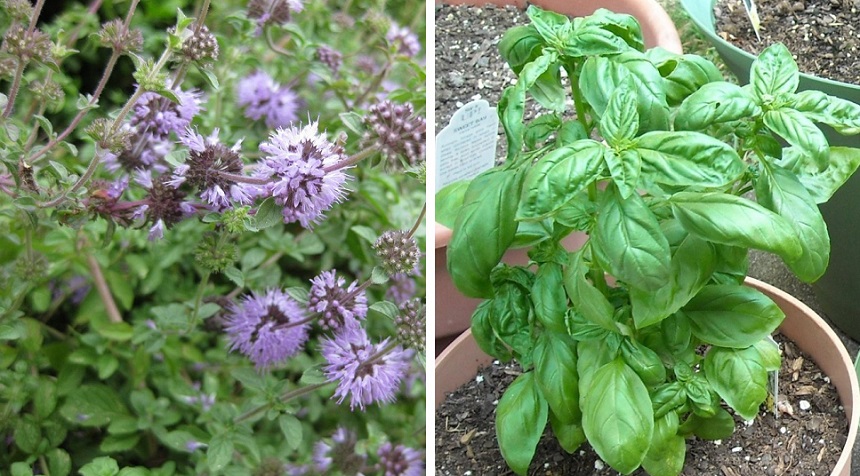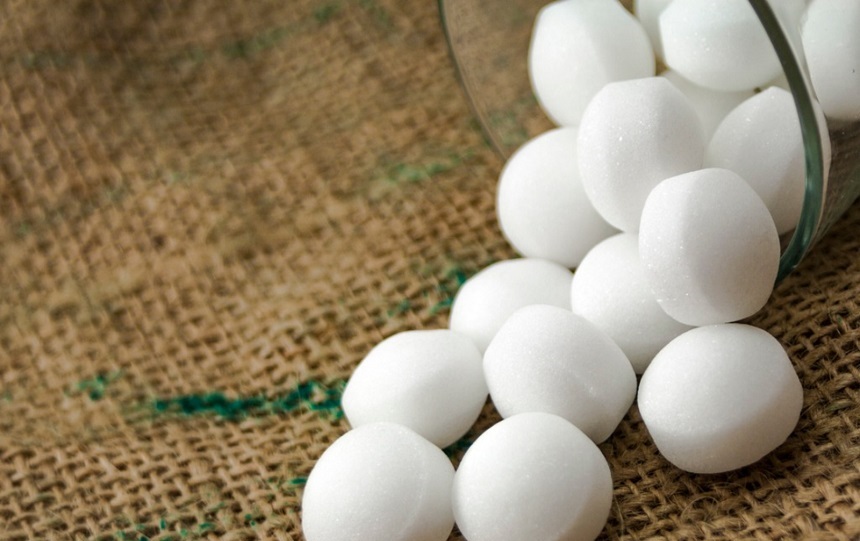

Warm weather is fun until you have bees buzzing around you when enjoying the outdoors. It is even worse if they land on your food and drinks. Bees are likely to pay you a visit in the swarming season when they reproduce and branch out to form new colonies.
Fortunately, there are myriad ways of keeping bees away from your house, yard, or pool to improve your overall outdoor experience this summer. This article has all the tips on how to keep bees away. Read on to understand why bees come to visit you and how you can get rid of their nests in your home.
Bees mostly get drawn into your home by food and bright patterns. Open drinks and uncovered foods will invite the insects to join you. They may enter your house through the chimney, attic or gutters, and the vents in the kitchen, bathrooms, or laundry rooms. You can check these areas for any openings or holes and patch them up to prevent more bees from entering your house.
Other things you can do to keep bees away from your house include;
Bees are attracted to brightly colored plants and flowers like poppies, clovers, honeysuckles, and herbs like thyme and oregano. You don’t have to destroy the plants. If they are potted, just move them to areas bees would never consider as a nesting spot.

If bees are attracted to anything in your yard, they are likely to find a suitable nesting spot nearby, and you don’t want a permanent bee situation in your home. Here are some things to do to keep bees away from your yard;

Most of your favorite outdoor activities can create the perfect spots for bees to nest. An outdoor shed or big grill can be a sweet spot for a hive. Seal all the open shades and tree houses in your yard and cover your grills.
Remove other items that bees could nest in, like empty containers from the yard.
You can lay natural items like cucumber peels, crushed garlic, peppermint plants, and potted marigold to repel bees. If you can’t find any, just sprinkle cinnamon, or organic baby powder on the yard or near bees’ nests.
You can attract predator birds into your yard with bird feeders. Bee-eaters and other small birds like purple martins feed on bees, wasps, termites, and ants. Invest in several hummingbird feeders and window feeders. Paint them in bright colors to attract the birds, then place them around your house.
Nothing is more annoying than a bee buzzing around your head when relaxing by the pool on a hot afternoon. Here are some things you can do to keep the pesky buzzers away;

Bees cannot swim. Pool jets would create ripples on your pool’s water surface, making it hard for bees to land.
The last thing you want to experience on a hot afternoon is a bee sting. Here is how to keep bees away from your body;
Bees are attracted to sweet and floral scents because nectar is sweet. Avoid wearing heavily scented sunscreen, cologne, or hairspray. Sunscreen is essential when basking, but hairsprays and perfumes you can do without as they attract other insects.
Get unscented sunscreen to avoid attracting insects when having a good time.
You can apply topical defenses like citronella oil, lavender oil, lemon, Lime, and vegetable oil on your skin to keep bees away. Once a bee smells a scent it distastes on you, it will head in the other direction.
Bees do not feed on humans but they may confuse you for a meal if you are wearing colorful clothes, swimsuits, or towels. Bees are attracted to bright colors and they see a broader range of colors than humans.
According to an apiculture factsheet by the British Columbia's Trusted Source Bee Behaviour During Foraging Insect pollinators, including honeybees, co-evolved with flowering plants over millions of years. Plants developed floral parts with increasingly specialized features to attract visiting insects who would in turn distribute pollen grains and optimize the plant’s reproductive capabilities. www2.gov.bc.ca Ministry of Agriculture, Food and Fisheries, Bees tend to have a higher sense of awareness around hair and fur because most honey hijackers have the traits. Wearing a hat will keep curious bees away.
According to UNEP Trusted Source Why bees are essential to people and planet When animals and insects pick up the pollen of flowers and spread it, they allow plants, including many food crops, to reproduce. Birds, rodents, monkeys and even people pollinate, but the most common pollinators are insects, and among them, bees. www.unep.org , bees are the greatest pollinators and one of the most essential insects to people and the planet. That said, killing bees should not be the first thing on your mind when you spot a nest in your home. Here are some ways of getting rid of a bee nest;
The video below summarizes some easy steps to take
Are you having termites, wasp, and mosquito problems and can’t seem to find a permanent solution? Read our articles on the best wasp foggers and best propane mosquito traps for premium options.
As for termites, check out the popular BioAdvanced 700350A termite killer. It is easy to apply and offers solid perimeter defense
Bees swarm when the weather is perfectly warm for people to spend time outdoors. Warm weather outdoor activities, mostly eating and drinking are likely to attract bees in search of new nesting spots. Luckily, bees find many things repulsing just like they are attracted to sugar and sweet fragrances. We have provided all the pro tips on how to keep bees away from your home. Like with other pests, prevention is better than cure.
If you notice that you have a large bee infestation with a nest, call a bee control service to help you handle the situation. All bee species are an endangered kind and should be handled with extra caution. Wear protective gear when getting rid of a nest on your own.